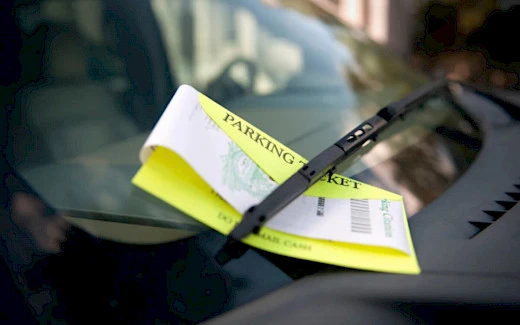In Cyprus, fine for stopping on pedestrian crossings reduced, but system implementation delayed

Changes in traffic regulations have come into force in Cyprus, providing for a reduction of the fine for stopping on a pedestrian crossing or crossing a second line at a red traffic light. The fine now amounts to €85 instead of the previous €300. The law was passed by parliament on June 21, 2024, aiming to bring the penalty system to a fairer and more proportionate level.
However, in practice, the changes are not yet fully implemented. Many drivers continue to receive notifications of fines of €300. According to the Ministry of Transport, this is due to technical difficulties: the contractor maintaining the traffic camera system needs time and additional resources to update the software. Until the update is completed, the system automatically records violations and issues the previous fine amount.
The Minister of Transport confirmed on national radio RIK that the reduction of fines has legally come into force, but in practice it will only take effect after the contractor makes the necessary changes to the cameras. The Ministry does not provide a specific timeline yet. Officials emphasize that the goal of the reform is not to be lenient with violators but to make the system fairer and more consistent with the level of violation.
Reports have already appeared on social media and news portals that fines have begun to decrease to €85. However, lawyers and experts warn that until the system is technically updated, drivers may face discrepancies between the law and actual practice. In the case of receiving a €300 fine, vehicle owners are advised to contact the relevant authorities to appeal it.
Thus, despite the official reduction of the fine, full implementation of the changes is delayed. Authorities assure that soon all cameras will be reprogrammed and the new rules will be applied everywhere. Until then, drivers should be aware of possible discrepancies and be ready to defend their rights.
You may also be interested in:
- A Cypriot company suspected of supplying equipment for Russian intelligence
- Cyprus switches to winter time on Sunday night
- Clocks in Cyprus will be set back one hour on the night of October 26
- Police found 26 live and seven dead wild birds during a raid in Larnaca
- Weak Low-Pressure Area to Bring Variable Cloudiness and Local Rain to Cyprus


